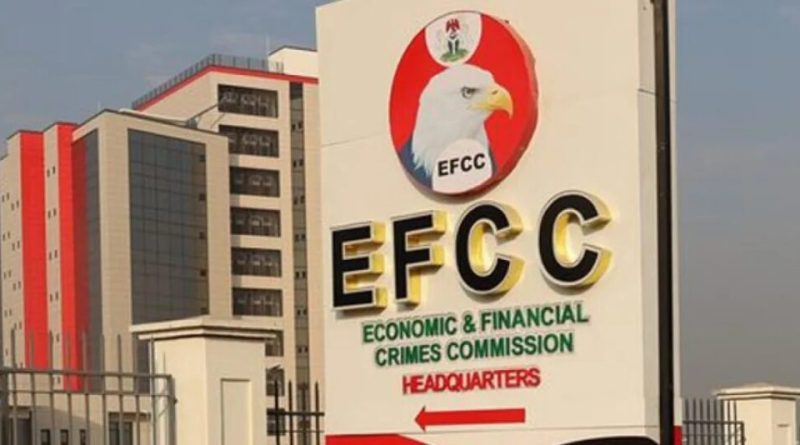Reps advance bill to boost EFCC’s independence, limit presidential powers over chairman’s removal
The House of Representatives has passed for second reading a bill seeking to amend the Economic and Financial Crimes Commission (Establishment) Act, 2004, in a move aimed at strengthening the anti-graft agency’s independence and limiting presidential powers over the removal of its chairman.
The bill, sponsored by Yusuf Gagdi, lawmaker representing Plateau titled “A Bill for an Act to Amend the Economic and Financial Crimes Commission (Establishment) Act, 2004, and for Related Matters (HB. 2493), seeks to enhance the EFCC’s operational efficiency, and reduce political interference in its activities.
A major proposed amendment is the plan to restrict the President’s unilateral power to remove the EFCC chairman. It proposes that removal of the chairman must be approved by a two-thirds majority of both chambers of the National Assembly.
The bill also proposes to expand the composition of the Commission’s board to include eminent Nigerians from diverse backgrounds, a measure aimed at deepening transparency and broad-based oversight.
Presenting the bill during plenary, which was presided over by Benjamin Kalu, the deputy speaker on Thursday, Gagdi said the proposed amendments were crafted to equip the EFCC with stronger tools to confront the growing sophistication of economic and financial crimes, including cybercrime, cryptocurrency manipulation, illicit financial flows, terrorism financing, and real estate-based money laundering.
He explained that the EFCC Act, enacted in 2004, has become outdated and inadequate in addressing the evolving nature of financial crimes and the need for institutional independence.
He added that te existing Act does not provide sufficient guarantees for the independence of the Commission, exposing it to external interference.
“This amendment will restore public confidence, enhance transparency, and ensure that the EFCC operates as an independent, professional, and transparent institution responsive to modern realities”, Gagdi said.
Read also: Senate calls for transparency, strict compliance in public procurement
Gagdi further argued that the proposed reform would strengthen Nigeria’s global reputation in anti-corruption efforts, promote good governance, foster economic stability, and reinforce public trust in the country’s justice system.
Supporting the bill, Ginger Onwusibe, chairman of the House Committee on Financial Crimes, described the initiative as timely, noting that many emerging financial crimes were not envisaged when the EFCC Act was first enacted more than two decades ago.
He added that modernising the EFCC’s legal framework would align Nigeria’s anti-corruption operations with international standards and ensure that the agency remains effective in the face of evolving financial threats.
The bill was subsequently referred to the House Committee on Financial Crimes for further legislative scrutiny.

